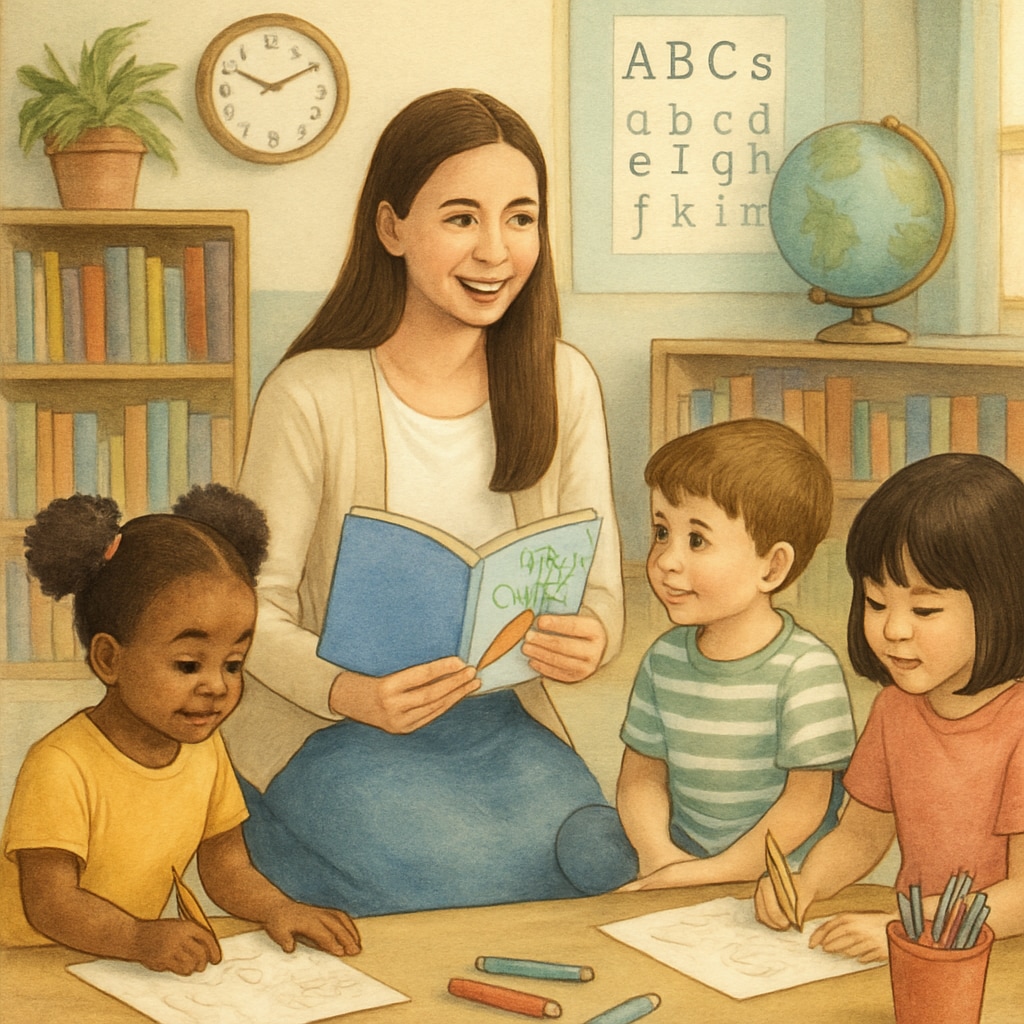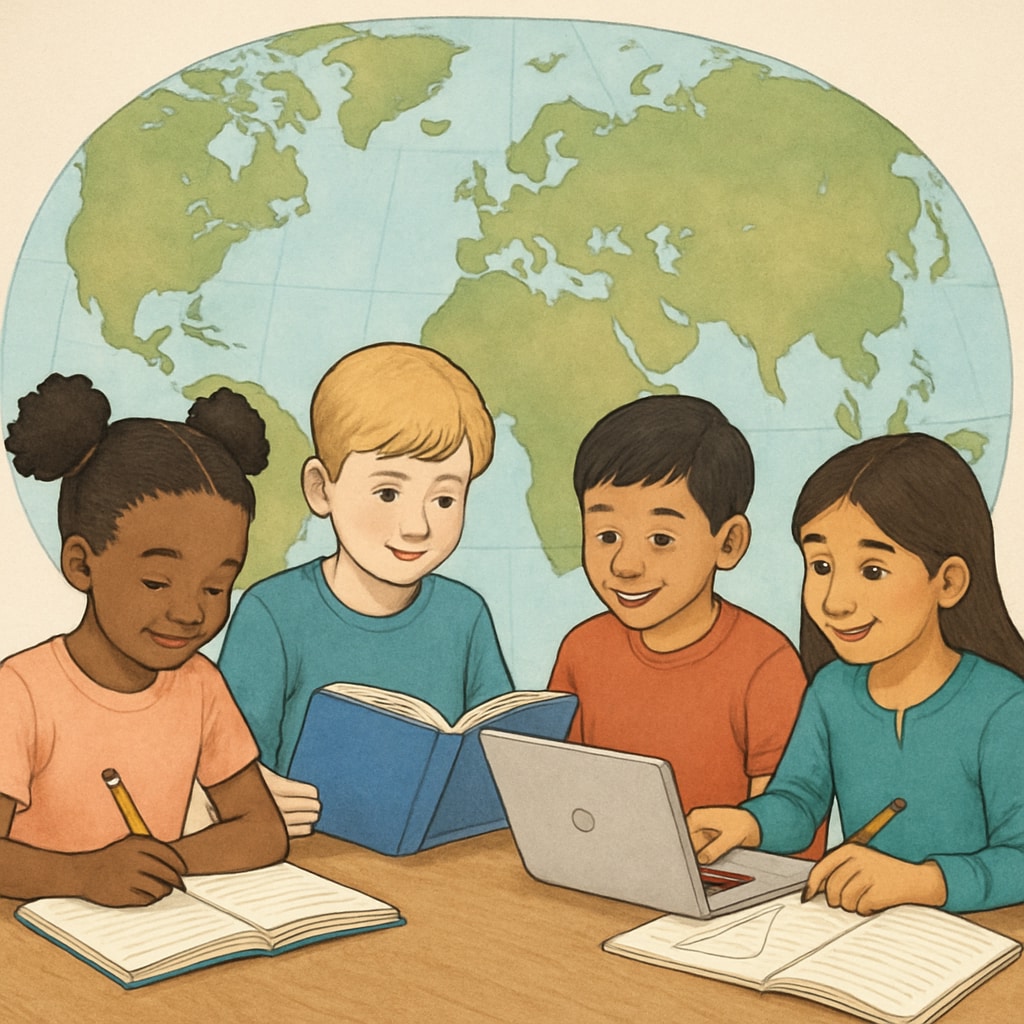Ms Rachel, a prominent figure in children’s education, has established herself as a trusted source for fostering early learning and nurturing positive values in children. Her reach extends across continents, influencing families and educators alike. However, as her popularity grows, there arises an important question: how can educational creators like Ms Rachel expand their humanitarian focus beyond geographical boundaries, including regions such as the Middle East, to truly embody global responsibility?

Why Educational Creators Hold a Unique Humanitarian Responsibility
Unlike traditional educators confined to classrooms, online educational creators have the unique ability to reach global audiences. Their platforms, often accessed by millions, allow them to shape emerging values, social skills, and perspectives. For example, Ms Rachel’s content emphasizes inclusivity, kindness, and emotional well-being, which are critical components of holistic education.
However, the humanitarian responsibility of such creators should not stop at promoting positive values. With global crises impacting children—such as conflicts in the Middle East—there is a pressing need for creators to advocate for universal child welfare. Educational content can transcend cultural divides and foster empathy, making creators powerful allies in humanitarian efforts.
Expanding Humanitarian Focus: Lessons from Global Crises
In regions like the Middle East, where children often face the consequences of conflict, displacement, and poverty, educational creators can play a transformative role. By incorporating themes of resilience, empathy, and global solidarity into their content, creators can help children understand and connect with the struggles of their peers worldwide.
For example, Ms Rachel could create segments that discuss universal values such as peace and understanding through age-appropriate narratives. Additionally, partnerships with international organizations like UNICEF or Save the Children could amplify her humanitarian reach, allowing her to provide direct resources or raise awareness about pressing issues affecting children globally.

How Audiences Can Support Educational Creators in Their Humanitarian Mission
While creators like Ms Rachel can lead initiatives, audience participation is equally vital. Parents and educators can actively engage with content that promotes global awareness, encouraging children to learn about the lives of others in regions like the Middle East. Furthermore, supporting creators who collaborate with humanitarian organizations ensures that their influence translates into tangible impact.
Here are actionable steps audiences can take:
- Encourage creators to address global issues by providing constructive feedback and recommendations.
- Share and amplify content that focuses on humanitarian themes to reach wider audiences.
- Donate or volunteer with organizations featured in educational content.
By fostering collaboration between creators and their audiences, the scope of impact can be magnified, ensuring that love and care truly transcend borders.
Conclusion: A Call for Universal Responsibility
As educational creators like Ms Rachel continue to inspire millions, their platforms offer unparalleled opportunities to champion global humanitarianism. By addressing issues beyond their immediate communities, they can foster empathy, resilience, and interconnectedness in the next generation.
Ultimately, the responsibility lies not only with creators but also with society at large to support and encourage content that embraces universal values. Together, we can ensure that education becomes a powerful tool for nurturing a better world for all children, regardless of their circumstances or geography.
Readability guidance: Short paragraphs, active voice, and accessible language ensure clarity and engagement. Transition words like “however,” “in addition,” and “for example” are used to maintain flow and balance.


